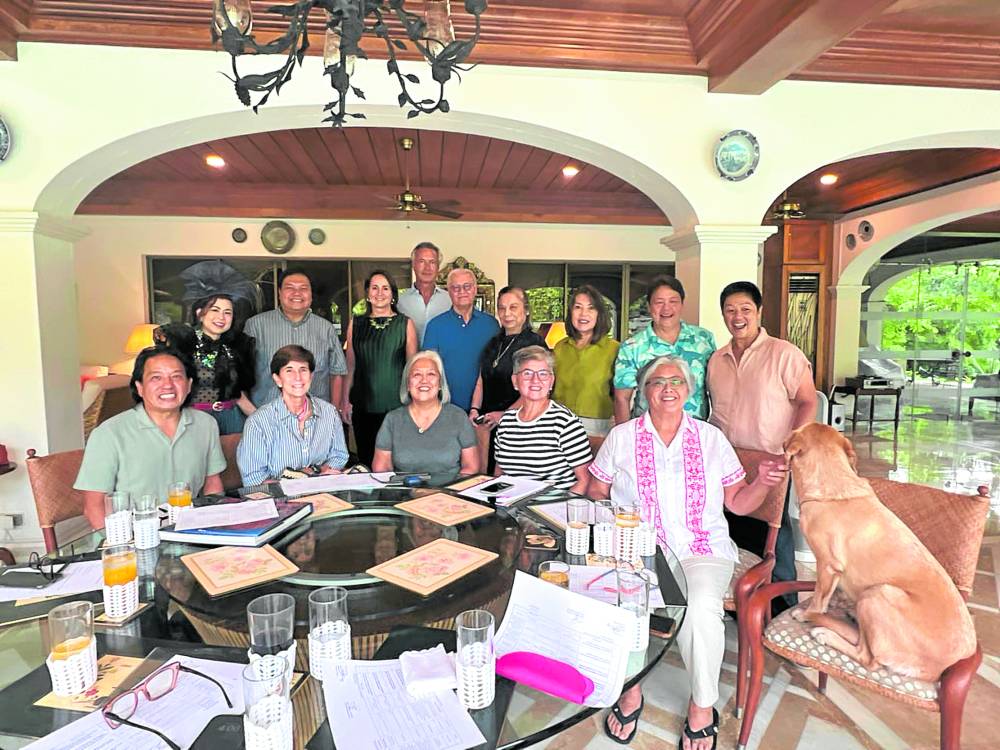After the expiry date on many product labels were gradually changed to “Best Before,” now the European Union (EU) is considering dropping that information on packaged food, says Anna Brones in an article that appeared online at Care2.com.
Brones says the problem of food wastage is making the EU review the need for food expiration labels, and even consider getting rid of some of them.
Like Americans, Europeans also waste so much food—about 89 million tons, says Brones. In view of this, the Dutch and Swedish agriculture ministers have written letters encouraging the EU to loosen their rules. “Specifically, they want products with a long shelf life (think: rice) to be exempt from the EU rules that currently require all packaged food to bear a ‘best before’ label,” Brones says.
She quotes the Natural Resources Defense Council, the New York City-based nonprofit international environmental advocacy group: “All those dates on food products—sell by, use by, best before—almost none of those dates indicate the safety of food.”
As a result of confusion over what the dates actually mean, Brones says nine out of 10 Americans “throw out food that is still good to eat.” She says that in the United States, some 40 percent of food goes to waste.
That is a lot of food that could have been put to good use, considering the number of hungry people even in the US. “There’s no doubt that there’s plenty of food that could still be consumed that’s destined for the garbage bin,” Brones says.
Confusion
Pointing out that confusion over labels is a lead factor in food wastage, she quotes Tonio Borg, European commissioner for health and consumer policy: “Only about 50 percent of people correctly understand the meaning of best before.”
Sharon Dijksma, Dutch minister for agriculture, estimates that about 15 percent of food is wasted because of that misunderstanding.
What does “best before” really mean? In the EU, the label suggests quality of the food, like taste and texture. “The food is of its best quality up until that date, but afterward it’s still safe to eat. In fact, retailers can still sell food after the best before date,” Brones says.
In the US, she says, the situation is more confusing because the labeling system is decentralized. Brones says, “With no federal standards, there is a wide amount of discrepancy in food labeling throughout the entire food industry.”
For Filipinos, there is the added problem of how to interpret best before dates. Europeans and members of the British Commonwealth, as well as former British colonies, usually write date, month and year.
What they mean is clear if they spell out the month, as in 25 June 2014. But if the date is given in numbers, as in 10/12/14 (10 Dec. 2014), consumers may read it as Oct. 12, 2014, which is how Filipinos usually write dates.
Some products from Japan, for example, may have dates written starting with the year—such as 12/06/08 (2012 June 8)—which add to the confusion.
As Dijksma tells Civil Eats, according to Brones, “Products like rice, noodles and coffee have nearly indefinite shelf life and the best before date only regards to quality instead of food security.”
Brones says the European Commission set up a working group to study the proposal. It is expected to submit its report before the end of the month.
She adds that in the US, if 30 percent of all the food lost in the country is distributed, “we could feed every food insecure American in their total diet.”
I wonder how many hungry Filipinos we can feed if we are also more prudent in reading those best before labels.
Send letters to The Consumer, Lifestyle Section, Philippine Daily Inquirer, 1098 Chino Roces Ave. cor. Mascardo and Yague Sts., 1204 Makati City; fax 8974793/94; or e-mail [email protected]













































